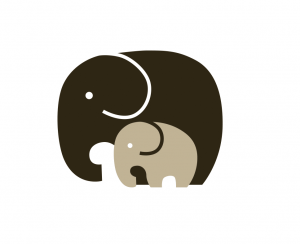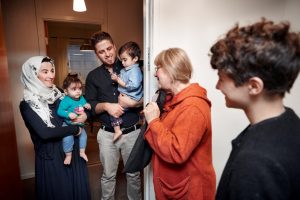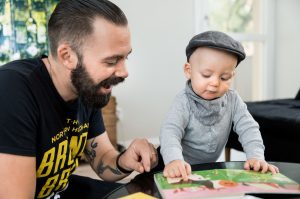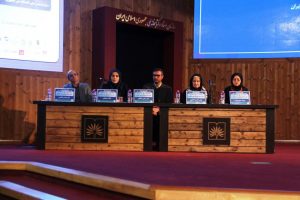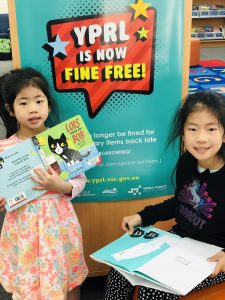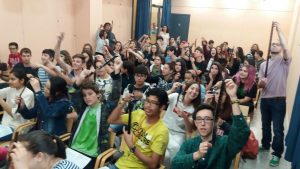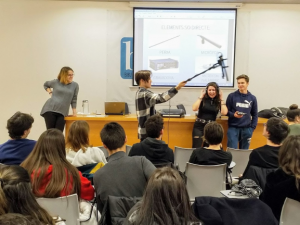How can we turn our libraries into places where human rights becomes reality and not just empty phrases? In Sweden, we start with the children
There is an unequal power balance between children and adults. Children can’t vote and they don’t hold any power positions in the society. As adults we have the responsibility to compensate for their lack of power. Children need our protection, but they also need our help to get their human rights fullfilled. To theirs and our help, we have the 54 articles of the United Nations Convention on the Rights of the Child (UNCRC), ratified by every country in the world, except for one.
At the moment, in Sweden the government and the public libraries are engaging on a journey towards the fullfilment of the United Nations Convention on the Rights of the Child. From the first of January 2020 Sweden has incorporated the UNCRC into Swedish law. At the moment library directors all over the country are planning for the implementation of childrens rights in their organizations, because this is the responsibility of the library leader – not the children´s librarian. One of the main principles of the UNCRC is stated in article no 3: All decisions taken in an organization should be taken with regard to the best interest of the child. A lot of important decisions which has impact on children is taken by the library leaders. The library directors play a very important role in the lives of children.
To the library directors help, and thanks to the financial support of the National Library of Sweden, every public library director has access to a tutorial in eight steps, ”Staying the Course,” helping them getting through the whole implementation process. You can access an English version of the tutorial Staying the Course for free.
There are also other national initiatives in Sweden. To promote the important role public libraries play in the lives of children, the Swedish Library Association will be handing out a new prize, the Children’s Rights Award of the Year, called the Elephant, starting in 2020. The prize is awarded to an activity or person who, in a library context, has made significant efforts strengthening the rights of children, in accordance with the UN Convention on the Rights of the Child.
At an international level, the IFLA Libraries for Children and Young Adults Section has decided in their Action Plan that the Section’s activities and focus for 2020-2021 should have the UNCRC as a point of departure. It is also worth mentioning that implementing the UNCRC also strongly contributes to the fullfilment of several of the Sustainable Development Goals.
So join in with us in Sweden! Make your library a place where children are empowered!
If you want to know more, contact:
Ann Catrine Eriksson, Library Developer, Region Sörmland, Sweden
anncatrine.eriksson@regionsormland.se
